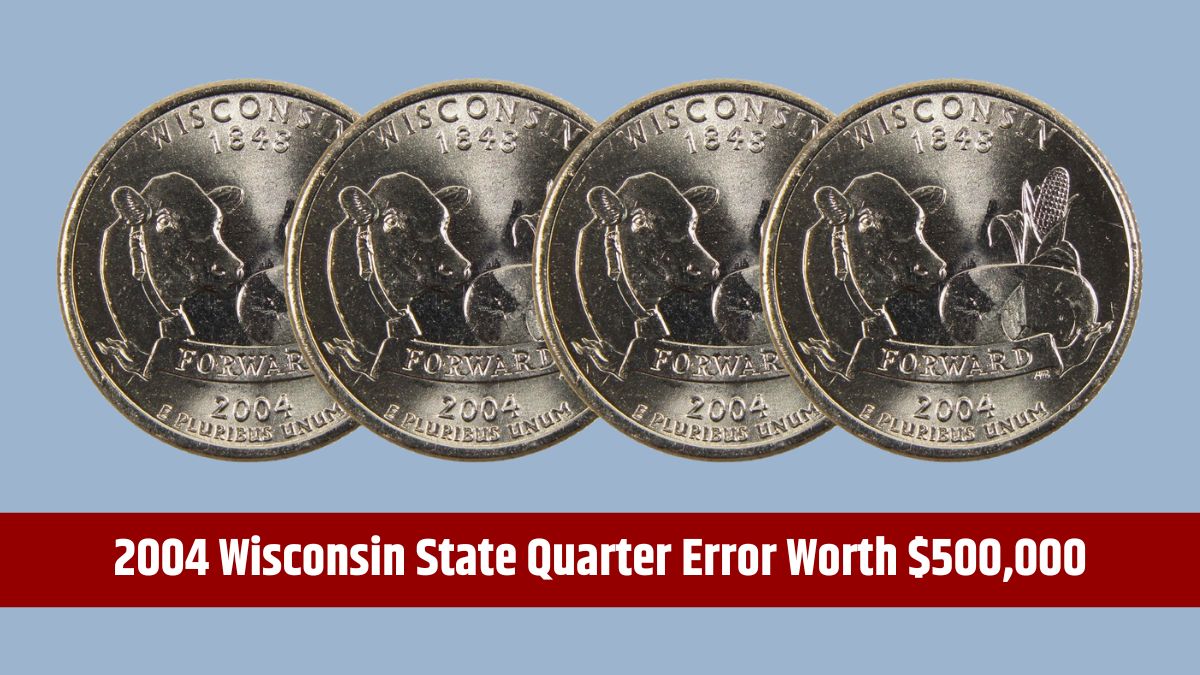Did you know that divorced spouses may be eligible to receive Social Security benefits based on their ex-spouse’s work record? This provision can provide financial support for many individuals, but there are specific rules and requirements you need to know. Let’s cut in.
The Social Security Administration (SSA) allows an ex-spouse to claim benefits without reducing the primary beneficiary’s payment. This means your ex can receive up to half of your Social Security retirement or disability benefits without impacting your own benefits or those of your current spouse.
Table of Contents
Qualification
To qualify for divorced spousal benefits, a few key criteria must be met:
- Length of Marriage: You must have been married for at least ten years. This requirement is non-negotiable.
- Divorce Finalization: The divorce must have been finalized for at least two years unless the ex-spouse is already receiving Social Security benefits.
- Age: Both parties must be at least 62 years old.
- Remarriage Status: The divorced spouse must not currently be remarried. If they have remarried, they generally lose eligibility unless their subsequent marriage ends.
Benefit Amount
The divorced spouse may be eligible for up to 50% of the ex-spouse’s full retirement benefit, provided they claim at full retirement age (66 or 67, depending on birth year).
If benefits are claimed earlier, the amount will be reduced. Importantly, claiming spousal benefits does not affect:
- The primary beneficiary’s payout.
- The current spouse’s benefits (if applicable).
This ensures that the ex-spouse’s claim is independent and does not create financial consequences for others.
Benefit Amounts
| Claiming Age | Percentage of Ex-Spouse’s Benefit |
|---|---|
| Full Retirement Age (66–67) | 50% |
| 62 (Early Claiming) | Reduced |
Own Benefits vs. Spousal Benefits
If the divorced spouse qualifies for benefits based on their own work record, the SSA will only pay the higher of the two amounts. For example:
- If your own benefit is $800 and 50% of your ex-spouse’s benefit is $1,000, you’ll receive $1,000.
- If your own benefit is higher than the ex-spouse’s spousal benefit, you’ll receive your own benefit.
This system prevents double-dipping while ensuring you get the maximum amount you’re entitled to.
Financial Support
For divorced spouses, this benefit can be a lifeline, especially if their own earnings were significantly lower than their ex-spouse’s. Whether you’re approaching retirement or planning ahead, understanding these benefits can make a world of difference.
If you’re unsure of your eligibility or how much you might receive, contact the SSA or use their online calculators to estimate your benefits.
FAQs
How long must the marriage last?
You must have been married for at least 10 years.
Can remarriage affect eligibility?
Yes, remarriage generally disqualifies you unless the new marriage ends.
Does claiming spousal benefits affect my ex?
No, it doesn’t reduce your ex-spouse’s benefits.
How much can a divorced spouse receive?
Up to 50% of the ex-spouse’s full retirement benefit.
Can I claim both my benefits and my ex’s?
No, SSA pays the higher of the two benefits, not both.







